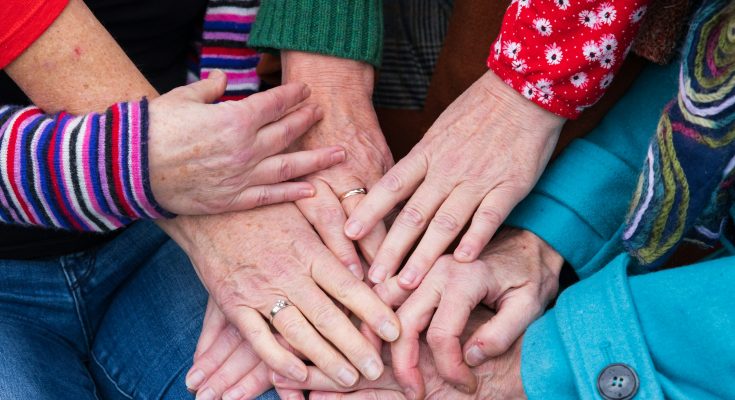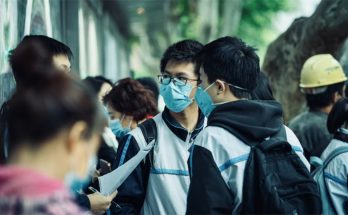The World Bank Group, the Government of Japan, and the World Health Organization officially launched the Health Works Leaders Coalition. This global alliance brings together health and finance ministers, philanthropic organizations, business leaders, leaders of global health agencies, and civil society representatives with the aim of promoting investments in health systems as a strategy for economic growth, job creation, and improved resilience.
The Leaders Coalition is central to Health Works, a broader, global initiative led by the World Bank Group and partners to help countries reach 1.5 billion people with quality, affordable health services by 2030.
The Coalition aims to mobilize domestic and international investments, catalyse reform, and align partners behind scalable, government-led priorities. The Coalition is not a funding mechanism, but rather a coordinated effort to drive bold, high-impact action on health reform globally. During the inaugural meeting, held during the World Bank Group Annual Meetings, it was announced that an initial group of 21 countries will develop National Health Compacts – government-led agreements that will lay out bold reforms, investment priorities, shared accountability and unlock resources for expanding access to quality, affordable health care.
Reform priorities range from free health checkups and expansion of health insurance in Indonesia to developing a pharmaceutical strategy in Mexico aimed at creating 60 000 jobs through private sector partnerships.
The first compacts, representing a range of income levels and geographic regions, are scheduled for formal launch at the UHC High-Level Forum in Tokyo in December 2025.
The Government of Japan also announced the first group of eight countries participating in the inaugural programme of the UHC Knowledge Hub in Tokyo – a new platform designed to support national policy-makers from developing countries through capacity-building and knowledge sharing.
“Strengthening health systems in developing countries depends on cultivating health financing expertise within both health and finance ministries,” said Atsushi Mimura, Vice Minister of Finance for International Affairs at Japan’s Ministry of Finance. “Through targeted training programmes, the UHC Knowledge Hub will share Japan’s experience to build institutional capacity and support tangible reforms in health financing.”
“Sharp cuts in overseas aid are impacting health services in many nations,” said Dr Tedros Adhanom Ghebreyesus, WHO Director-General. “But affected countries are rising to the challenge, shifting from heavy reliance on overseas assistance to greater ownership over their health systems and futures. We must support countries to mobilize domestic resources for their health systems, especially for primary care services, and to protect the poorest from financial hardship by reducing out-of-pocket spending.”
“Our goal is ambitious: to help countries deliver quality, affordable health services to 1.5 billion people by 2030. No single institution, government, or philanthropist can achieve that alone,” said Ajay Banga, World Bank Group President. “But with aligned purpose and shared effort, it is possible. If we get this right, we can make real impact – improving health, transforming lives, strengthening economies – and creating jobs. This effort is as much an ingredient of our jobs agenda as it is a health initiative.”
Health Work Leaders Coalition Members:
- Egypt
- Ethiopia
- GAVI, The Vaccine Alliance
- Indonesia
- Kenya
- Nigeria
- Philippines
- Seed Global Health
- Sierra Leone
- Saint Lucia
- The Global Fund to Fight AIDS, Tuberculosis and Malaria
- The Susan Thompson Buffett Foundation
- United Kingdom
- WACI Health
- Wellcome Trust
National Health Compact Countries:
| · Bangladesh · Cambodia · Cote D’Ivoire · Egypt · Ethiopia · Fiji · India | · Indonesia · Kenya · Mexico · Morocco · Nigeria · Philippines · Saint Lucia | · Sierra Leone · Syria · Tajikistan · Tanzania · Uganda · Uzbekistan · Zambia |
Initial UHC Knowledge Hub Countries:
Cambodia, Egypt, Ethiopia, Ghana, Indonesia, Kenya, Nigeria, Philippines





